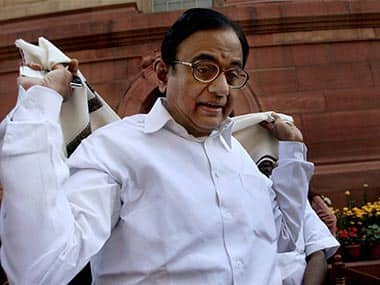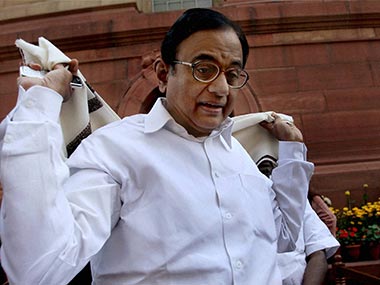In an interaction with journalists on Wednesday, after the Economic Survey 2013 was tabled in Parliament, Chief Economic Adviser Raghuram Rajan invoked a cricketing metaphor to summarise the state of the Indian economy. “We are,” he said, “batting on a sticky wicket, but the sun will dry out the pitch.” The compelling need of the moment, he added, was to “play sensibly, with your head down, rather than go for flashy, over-the-top hits.”
Raghu Rajan’s reputation as a respected economist is, of course, well-earned, but it’s a good thing he wasn’t the cricketing coach for the Indian team at the 1983 World Cup in England. For it’s entirely possible that on a particular June morning in 1983in Tunbridge Wells, when India was reeling at 17 for 5 against a lowly Zimbabwe, he may have counselled a rakish Kapil Dev to “play sensibly, with your head down, rather than go for flashy, over-the-top hits.”
History, of course, records that Kapil Dev went completely over the top, and in fact batted like a man possessed: he scored 16 fours and 6 sixes in his masterly knock of 175 not out (in 138 balls) and literally knocked the stuffing out of the Zimbabwean attack. India went on to win that match, but more important, came to believe in the art of the possible, however improbable it may seem. The seeds of that self-belief would germinate over the next week and see the team pull off a miraculous World Cup victory.
[caption id=“attachment_642582” align=“alignleft” width=“380”]  P Chidambaram should free his arms and bat like Kapil Dev today. PTI[/caption]
It also reinforced the belief in the Shakespearean wisdom that there is a tide in the affairs of men that, taken at the flood, leads on to fortune. When you’re fighting with your back to the wall, you have nothing to lose by swinging your arms. “Playing sensibly” may have gotten the Indian team to a “respectable” 120 in 60 overs, but by going over the top, Kapil Dev took a shot at making history - and pulled it off.
Today, the scoreboard for the Indian economy reads 17 for 5, metaphorically speaking. Practically everything that can go wrong has. Four-plus years of fiscal profligacy, wholesale policy paralysis and a disdain for sound macroeconomic principles have pretty much driven the economy into the ditch. That dismal picture has, of course, been compounded by developments in the global economy and financial markets.
In that sense, the Indian economy today bears an eerie resemblance to the state that it was in in 1991, when it was on the threshold of a full-fledged crisis. Even given the fact that the Indian economy today is not as anaemic as it was back then, and has many more boosters to growth, it’s fair to say that we run the risk of seeing the India story, which was the toast of global investors barely a decade ago, unwind rapidly unless radical changes are made to mend our profligate ways.
In 1991, the Narasimha Rao government responded to the crisis by batting like Kapil Dev. It went completely over the top, and unleashed the entrepreneurial spirits in the Indian economy, and rewrote India’s economic history. That shock to the system eventually put India on the path of high growth.
Likewise, today, as he rises to present the Budget, Chidambaram’s task has been rendered somewhat easy by the dire economic situation that confronts India. Simply put, he doesn’t have the elbow room for any populism: the rating agencies, to whom he has signalled that he means business, are watching hawk-eyed. Somewhat rarely in the Indian political universe, there is a grudging acknowledgement among Chidambaram’s ministerial colleagues, and even among his political patrons, that perhaps they have overplayed their populist hand, and ought to reel it in.
Chidambaram should, therefore, make the most of the current situation. Rather than play a dour innings, he should free his arms, in Kapil Dev-esque fashion, and go completely over the top with meaningful economic reforms. Curiously, the template for the precise policy action needed is already in place - in Raghu Rajan’s Economic Survey. The only thing needed is the will to deliver on them.
From all accounts, Chidambaram is an ambitious man who likes to implant his place in India’s economic history. He has, of course, far too often made political compromises that have sullied his reputation as a reformer at heart. Today’s Budget, which practically writes itself, gives Chidambaram the chance to wash away the populist stains on his spotless white reformist_veshti._
There is a time for dour defence, and there is a time to go over the top. A place in history awaits Chidambaram. So, how about it?


)
)
)
)
)
)
)
)
)



